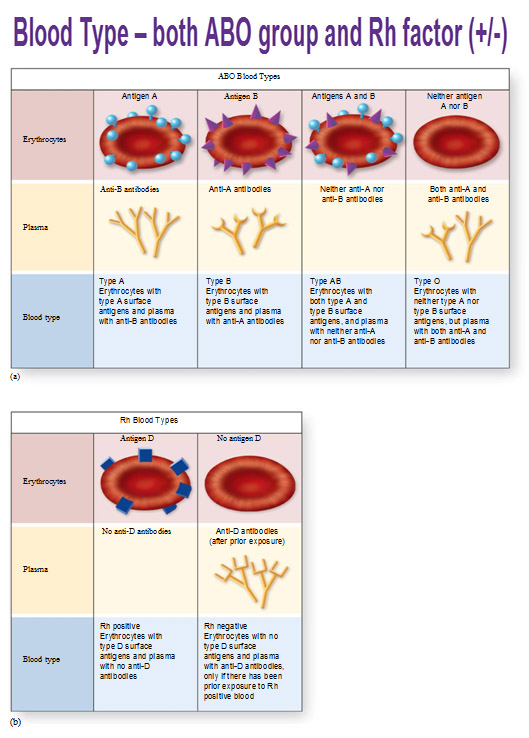
Or it could be linked to genes associated with blood types and their effect on receptors in the immune system. Other possible explanations involve blood group antigens and how they affect the production of infection fighting antibodies.
#Bloodtype driver#
Clotting has been a major driver of the severity of Covid-19. Sekhon said it could be explained by people with blood type O having less of a key clotting factor making them less prone to coagulation problems in the blood. While there are several theories, researchers don’t yet know what mechanism could explain the link between different blood groups and Covid-19. They found that blood group wasn’t a risk factor for hospitalization or death from Covid-19.īoth studies were published in the journal Blood Advances. In the Danish study, researchers analyzed data on Danish individuals who were tested between February 27 and July 30, and the distribution of blood types among those people was compared with data from people who had not been tested. “I think this has scientific interest, and when we find out what the mechanism is, perhaps we’re able to use that proactively in some way in regard to treatment.” “We do not know whether this is some kind of protection of group O, or whether it’s some kind of vulnerability in the other blood groups,” he said. Torben Barington, the senior author of the Danish paper and a clinical professor at Odense University Hospital and the University of Southern Denmark. Nor should people worry unduly about the link between blood type and Covid-19, said Dr. It makes very little difference to most people’s daily lives unless you have to have a blood transfusion. In the United States, the most common blood groups are O and A. Most humans fall into one of four blood groups: A, B, AB or O.
#Bloodtype free#
And if you’re blood group O, you’re not free to go to the pubs and bars.” “If one is blood group A, you don’t need to start panicking.

“I don’t think this supersedes other risk factors of severity like age and co-morbities and so forth,” added Sekhon, who is also a clinical assistant professor in the Division of Critical Care Medicine and Department of Medicine at the University of British Columbia. Mypinder Sekhon, an intensive care physician at Vancouver General Hospital and an author of the Canadian study. But in terms of a definitive marker we need repeated findings across many jurisdictions that show the same thing,” said Dr. “As a clinician … it is at the back of my mind when I look at patients and stratify them. The Canadian study also found those with blood type A or AB had a longer stay in the intensive care unit, a median of 13.5 days, compared with those with blood group O or B, who had a median of nine days. Why do we have different blood types - and do they make us more vulnerable to Covid-19? In the other study, researchers in Canada found that among 95 patients critically ill with Covid-19, a higher proportion with blood type A or AB – 84% – required mechanical ventilation compared with patients with blood group O or B, which was 61%. The reasons for this link aren’t clear and more research is needed to say what implications, if any, it has for patients.Ī Danish study found that among 7,422 people who tested positive for Covid-19, only 38.4% were blood type O – even though, among a group of 2.2 million people who were not tested, that blood type made up 41.7% of the population.īy contrast, 44.4% of group A tested positive, while in the wider Danish population that blood type makes up 42.4%. The research provides further evidence that blood type (also known as blood group) may play a role in a person’s susceptibility to infection and their chance of having a severe bout of the disease. In addition, a person who is Rh-positive can receive blood from someone who is Rh-negative, but those with a negative blood type cannot receive blood from those with a positive blood type.People with blood type O may be less vulnerable to Covid-19 and have a reduced likelihood of getting severely ill, according to two studies published Wednesday. Rh incompatibility can occur when a pregnant woman has Rh-negative blood, and her baby has Rh-positive blood. For example, if a person with type A blood received a type B or AB blood transfusion, an ABO incompatibility response would occur.

When blood cells are transfused that aren’t compatible with the recipient’s blood type, the immune system recognizes them as foreign invaders and responds by attacking and destroying them (incompatibility). Their bodies recognize A, B, and Rh antigens as their own, allowing them to receive red blood cells of any ABO or Rh type

Universal recipients have type AB, Rh-positive blood (AB+). The red blood cells do not contain antigens or the Rh factor to interact with a recipient's antibodies. Yes, universal blood donors have type O, Rh-negative blood (O-), which is compatible with all blood types.


 0 kommentar(er)
0 kommentar(er)
